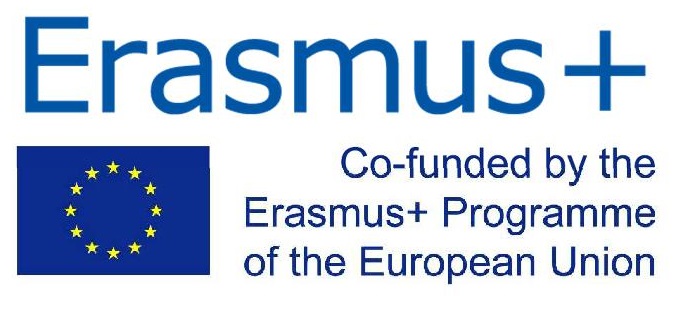


Vocational Education and Training (VET) is an important method of lifelong learning. The system’s aim is for individuals to gain the technical information, know-how, skills, and competencies required in the labor market. VET, in conjunction with each individual’s particular skills, is a tool to facilitate high-quality jobs and increasing employment rates. Despite the importance of VET development, participation in VET programs has traditionally been stigmatized in various nations due to university courses, despite the fact that current economic and social shifts are shifting attitudes toward VET (Aldossari, 2020). Educational institutions at European level focus on developing techniques that give learners the opportunity to link academic learning with the knowledge and skills required for the learner’s career and therefore qualify them to become lifelong learners (Fung 2017, Rychen, 2016). Do not overlook the fact that globalization and technological developments are modifying to the needs of employers, who are now searching for candidates with proven transversal skills or soft skills (adaptability, leadership, teamwork, clear communication in different languages, etc.). Studies conducted reveal a convergence between the competencies contained in the training programs and the employers’ prospects (Oria, 2013). Other research indicates that the importance of certain transversal talents may be evaluated differently by the various stakeholders in the educational process (Sá & Serpa, 2018, Renold et al, 2018). According to other research, students recognize that their academic degrees do not adequately prepare them for their future work (European Commission, 2018, INEE, 2019, OIE, 2017). In conclusion, it is obvious that there is a need to rethink training programs, particularly the necessity of combining knowledge and skills.
Aldossari A.S. (2020). Vision 2030 and reducing the stigma of vocational and technical training among Saudi Arabian Students. Em Res Voc Educ Train 12:3. Διαθέσιμο στο: https://doi.org/10.1186/s40461-020-00089-6
Fung D. (2017). Connecting Academic Learning with Workplace Learning. In Connected Curriculum for Higher Education, 84–100. UCL Press. Διαθέσιμο στο: https://doi.org/10.2307/j.ctt1qnw8nf
Rychen D.S. (2016). Conceptual Framework: Key Competences for 2030. Beijing. Διαθέσιμο στο: https://www.oecd.org/education/2030/E2030-CONCEPTUAL-FRAMEWORK-KEY-COMPETENCIES-FOR-2030.pdf
Oria B. (2013). Enhancing higher education students’ employability: a Spanish case study. Int J Technol Manag Sustain Dev 11(3):217–230. Διαθέσιμο στο: https://doi.org/10.1386/tmsd.11.3.217_1
Sá M.J. & Serpa S. (2018). Transversal competences: their importance and learning processes by higher education students. Educ Sci 8(3):1–12. Διαθέσιμο στο: https://doi.org/10.3390/educsci8030126
Renold U., Bolli T., Caves K., Bürgi J., Egg M.E., Kemper J., Rageth L. (2018). Comparing International Vocational Education and Training Programs: The KOF Education-Employment Linkage Index. National Center on Education and the Economy, Washington.
European Commission (2018). Education and training monitor 2018. Publ Off Eur Union. Διαθέσιμο στο: https://doi.org/10.2766/218608
Instituto Nacional de Evaluación Educativa (INEE) (2019). Panorama de La Educación: Indicadores de La OCDE 2019. Informe Español (Education at a Glance: OECD indicators 2019). Διαθέσιμο στο: https://www.educacionyfp.gob.es/dam/jcr:b8f3deec-3fda-4622-befb-386a4681b299/panorama%20de%20la%20educaci%C3%B3n%202019.pdf
Observatorio de Innovación en el Empleo (OIE) (2017). OIE Report on Youth and Labor Market: The Way from the Classroom to the Company. https://www.oie.es/wp-content/uploads/2017


